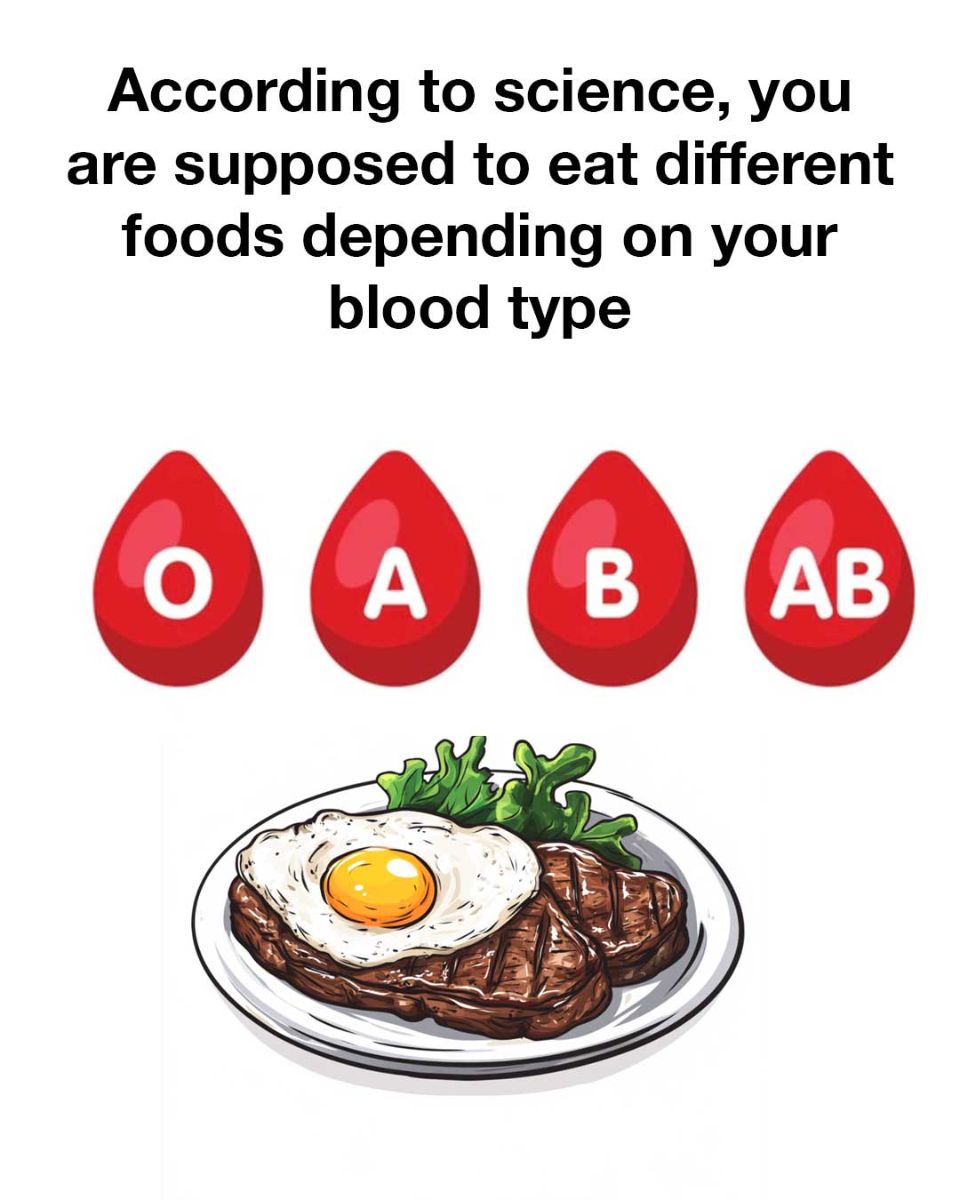The Blood Type Diet is a nutritional plan based on the idea that the classification of your blood—based on the presence or absence of antigens—can determine the most beneficial foods for your body. Proponents believe that eating specific foods according to your blood type can improve health and well-being. They suggest that blood type affects digestion, metabolism, and susceptibility to diseases, and therefore each blood type has unique dietary needs.
History and Origin of the Blood Type Diet
The Blood Type Diet was popularized by Dr. Peter J. D’Adamo, a naturopathic physician, in his 1996 book Eat Right 4 Your Type. Building on research started by his father, Dr. James D’Adamo, Dr. Peter D’Adamo observed that individuals responded differently to foods and treatments. The diet is grounded in a mix of ancestral history, evolutionary theory, and current medical knowledge, proposing that blood type reflects genetic traits inherited from our ancestors and thus dictates the ideal diet for health.
Understanding Blood Types and Their Characteristics
There are four primary blood types: A, B, AB, and O. Each has distinct characteristics based on its antigens. Blood type A has A antigens and lacks B antigens; type B has B antigens and lacks A antigens; type AB has both A and B antigens, making it the universal recipient; and type O lacks both A and B antigens, making it the universal donor. These differences are important for blood transfusions and form the basis of the dietary guidelines in the Blood Type Diet.
Scientific Basis for Blood Type-Based Food Recommendations
The scientific support for the Blood Type Diet is debated. Dr. D’Adamo argues that different antigens in each blood type react uniquely with certain nutrients, making certain foods either beneficial or harmful depending on one’s blood type. He points to lectins, proteins found in foods, which supposedly bind differently to the antigens in various blood types, affecting digestion and health. However, comprehensive scientific validation is limited, and many researchers remain skeptical.
Blood Type-Specific Diet Guidelines
Read more in the next page
ADVERTISEMENT

